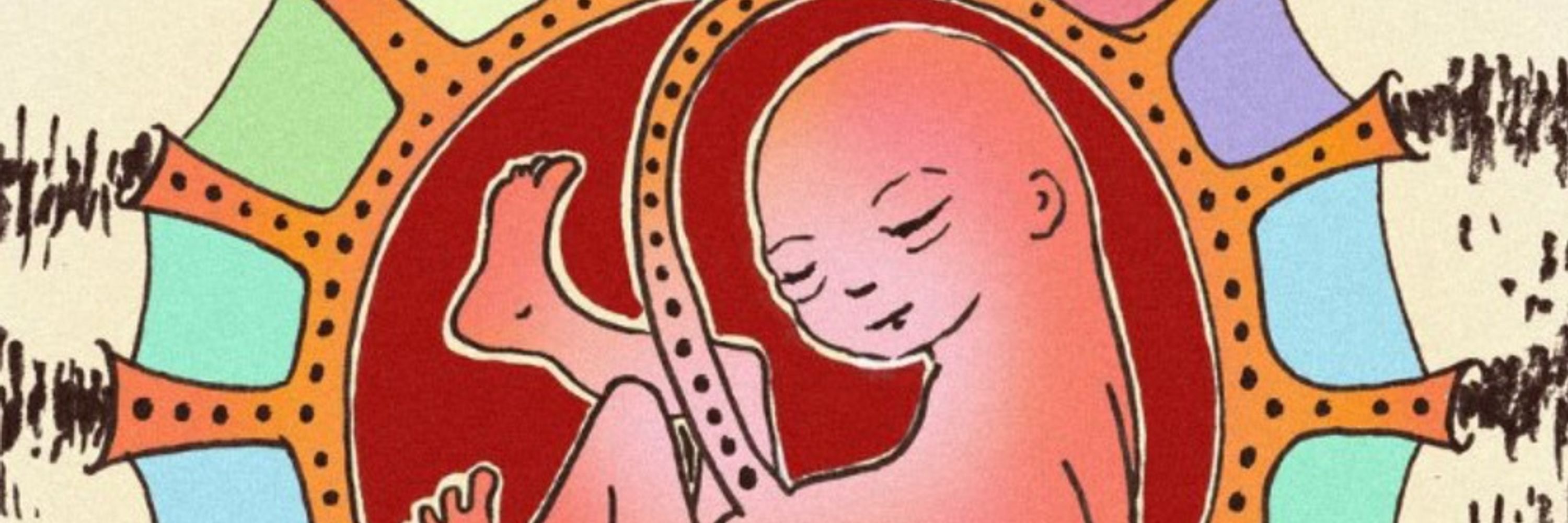
Researchers propose new constructs and measures faster than anyone can track. We (@anniria.bsky.social @ruben.the100.ci) built a search engine to check what already exists and help identify redundancies; indexing 74,000 scales from ~31,500 instruments in APA PsycTests. 🧵1/3
Researchers propose new constructs and measures faster than anyone can track. We (@anniria.bsky.social @ruben.the100.ci) built a search engine to check what already exists and help identify redundancies; indexing 74,000 scales from ~31,500 instruments in APA PsycTests. 🧵1/3
www.ecp22edinburgh.org/submission

www.ecp22edinburgh.org/submission
The event will be held in English.
10AM-11.30PM CET
9AM-12.30PM GMT
Registration and information are here: estwell.ut.ee/en/event/the...

The event will be held in English.
10AM-11.30PM CET
9AM-12.30PM GMT
Registration and information are here: estwell.ut.ee/en/event/the...

Let's say you have two measures meant to capture the same confounder. They're highly correlated. Can you still proceed with your regression analysis?
(I admit, the title is a bit of a spoiler)
www.the100.ci/2025/10/13/i...

Let's say you have two measures meant to capture the same confounder. They're highly correlated. Can you still proceed with your regression analysis?
(I admit, the title is a bit of a spoiler)
www.the100.ci/2025/10/13/i...




www.ecp22edinburgh.org/submission

www.ecp22edinburgh.org/submission
"[suggests] loss of muscle function and mass during treatment is not unique to GLP-1RA pharmacology but rather reflects the biology of caloric restriction…"
x.com/agingdoc1/st...

"[suggests] loss of muscle function and mass during treatment is not unique to GLP-1RA pharmacology but rather reflects the biology of caloric restriction…"
x.com/agingdoc1/st...
remember, when you see an article about stormwater management, you repost it. i don’t make the rules.

remember, when you see an article about stormwater management, you repost it. i don’t make the rules.
"When an investigator (or group of investigators) is funded, they would have to agree that the funders’ platform will be the sole means of data dissemination and publication."
"When an investigator (or group of investigators) is funded, they would have to agree that the funders’ platform will be the sole means of data dissemination and publication."

❗Pärispsühholoog Kenn Konstabel pani FB 🌟täismahus üles ka loo juurde antud kommentaari. Lugege 👇 ja mõelge, miks uhhuu presidendi roosiaias käib.
![Kenn Konstabel
·
Tuuli Jõesaar küsis minu kommentaari lingitud artikli kohta.
https://www.delfi.ee/.../korraga-kahel-toolil...
Vastasin talle järgmist (artiklis on tsiteeritud sellest paari lauset):
Kõigepealt - olen samast teemast pikemalt [...] rääkinud selles podcastis:
https://storiesforimpact.com/.../42-teraapia.../
[...]
EPL-i eetikanõuded: nt eetikanõuete p 5 ja 6:
5. Psühholoog ei soodusta pettekujutluste, illusioonide, väärarvamuste teket ega levikut.
6. Psühholoog ei kasuta oma töös kontrollimata ja teaduslikult põhjendamata töömeetodeid ega vahendeid.
Perekonstellatsioonide meetodi puhul ei ole minu jaoks küsimust, kas ta "juba on" või "vasti saab" tõendus- või teaduspõhiseks. Tõenduspõhise meetodi mõju peaks olema tõestatud - kui uuringuid veel ei ole, siis võib tulemus, kui see ükskord saadakse, olla nii positiivne kui negatiivne, samuti näidata kahjulikku mõju. Seega argument, et miski on tulevikus tõenduspõhine, kindlasti ei päde, v.a juhul kui ütlejal on tõestatult selgeltnägemise võime.
Perekonstellatsioonide meetodi autorid on meetodi toime kohta välja pakkunud selgitusi, mis ei põhine teaduslikul meetodil, vaid vastanduvad sellele või siis püüavad esoteerilist sisu maskeerida vanakreeka päritolu sõnadega nagu "morfogeneetilised väljad", "energia", "kvantliigutused" või "epigeneetika" (osal neist mõistetest on teaduses päriselt tähendus, kuid see ei kattu](https://cdn.bsky.app/img/feed_thumbnail/plain/did:plc:kctd5jenchsmk7xyn4c35dw5/bafkreifgxfl6gdms5q5eco7pqmerasavobepyfnsfg4dki43nslgx26pc4@jpeg)

❗Pärispsühholoog Kenn Konstabel pani FB 🌟täismahus üles ka loo juurde antud kommentaari. Lugege 👇 ja mõelge, miks uhhuu presidendi roosiaias käib.
Polygenic scores explain ~7% of IQ variance. Even under luxurious assumptions, you could maybe say something like "your kid will have an IQ between 72 and 128 with 95% probability". What's useful about this?
www.youtube.com/watch?v=qvVM...

Polygenic scores explain ~7% of IQ variance. Even under luxurious assumptions, you could maybe say something like "your kid will have an IQ between 72 and 128 with 95% probability". What's useful about this?
I am excited to announce that our new study explaining the missing heritability of many phenotypes using WGS data from ~347,000 UK Biobank participants has just been published in @Nature.
Our manuscript is here: www.nature.com/articles/s41....

I am excited to announce that our new study explaining the missing heritability of many phenotypes using WGS data from ~347,000 UK Biobank participants has just been published in @Nature.
Our manuscript is here: www.nature.com/articles/s41....
a 🧵 1/n
Drain: arxiv.org/abs/2511.04820
Strain: direct.mit.edu/qss/article/...
Oligopoly: direct.mit.edu/qss/article/...






For the 50th-percentile male.
Well, that's actually not 100% correct.
According to Stanford's report**, we introduced "female" crash test dummies in the 1960s, but...
1/
#CausalSky #ScienceSky #MLSky #EpiSky #StatSky #AISky

For the 50th-percentile male.
Well, that's actually not 100% correct.
According to Stanford's report**, we introduced "female" crash test dummies in the 1960s, but...
1/
#CausalSky #ScienceSky #MLSky #EpiSky #StatSky #AISky
12/10 for the reminder that conditioning on a collider doesn't just mess with your identification; it can also flood your basement.
Pictured: a collider bias diagram, inspired by a blocked pipe situation I experienced (which I credit with giving me the intuition though it also ruined my belongings in the flooded cellar).

12/10 for the reminder that conditioning on a collider doesn't just mess with your identification; it can also flood your basement.
statmodeling.stat.columbia.edu/2025/11/03/t...
statmodeling.stat.columbia.edu/2025/11/03/t...
@renemottus.bsky.social
Their study explores whether people in certain professions are more or less satisfied with their jobs & lives. Read more in our Q&A!
🏢

@renemottus.bsky.social
The psychology of fans &identification with teams is fascinating
Like goslings, boys imprint on the team that wins when they are young. A championship leads them to identify with a team for life, especially boys 8-12

The psychology of fans &identification with teams is fascinating
Like goslings, boys imprint on the team that wins when they are young. A championship leads them to identify with a team for life, especially boys 8-12
Pictured: a collider bias diagram, inspired by a blocked pipe situation I experienced (which I credit with giving me the intuition though it also ruined my belongings in the flooded cellar).





